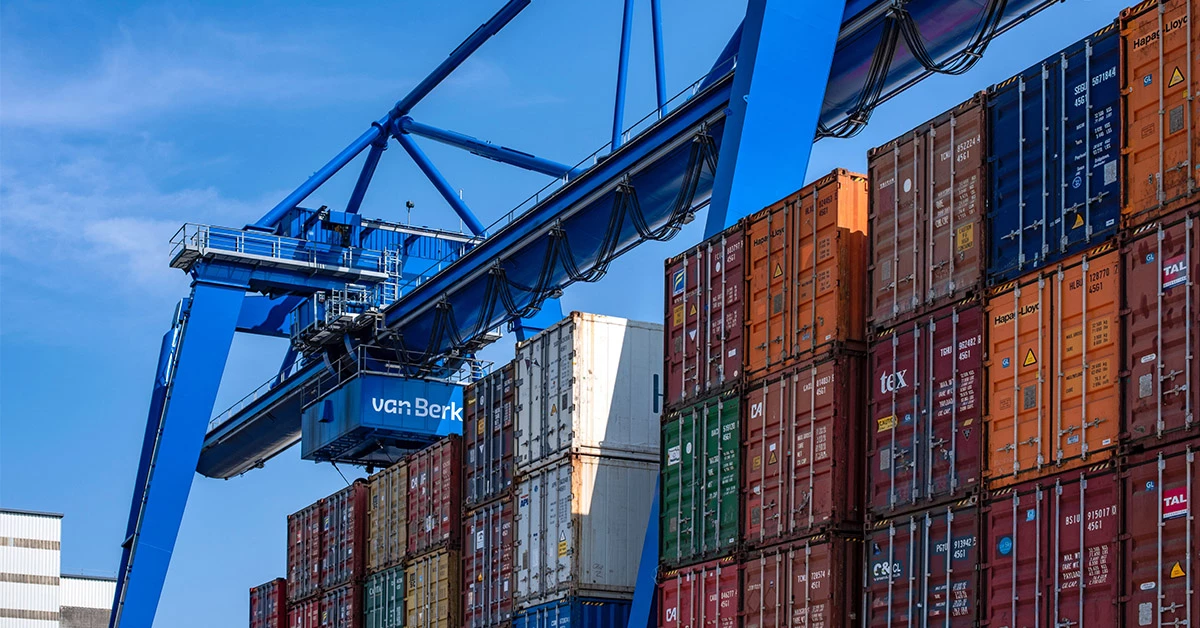The import guidelines set by the Nigeria Ministry of Finance could help you get your e-Form M approved faster, while avoiding custom clearance delays and costly fines.
Understanding the Nigerian Federal Ministry of Finance import guidelines will help you get your Form M application approved by the authorised dealer bank faster. In addition, the ministry guidelines can help you avoid paying costly penalties if you accidently violate the mandatory import guidelines.
The Federal Ministry of Finance import guidelines aim to make importing and exporting in Nigeria easier. As a result, the ministry has issued several addendums to clarify certain provisions that were previously unclear, such as the addendums issued in 2014 and 2017.
At the time of writing, the Federal Ministry of Finance import guidelines make the following provisions for processing an e-Form M:
- Any person intending to import physical goods into Nigeria must possess an e-Form M processed through an Authorized Dealer Bank, irrespective of the consignment value and whether payment is required.
- Presently, the ministry website states that an e-Form M for general merchandise is valid for 180 days and can be extended for a further 180 days through the authorised dealer bank. After that, the importer will have to process further extensions through the Central Bank of Nigeria (CBN). However, based on addendum F.194600/TR/1G/1/282 issued by the Ministry of Finance on December 22 in 2017, the e-Form M for general merchandise is now valid for 360 days with the e-form for capital goods valid for 720 days.
- Additionally, both can be extended up to 360 and 720 days respectively. Similarly, the first extension can be processed through the authorised dealer bank and subsequent extensions can only be approved by the Central Bank of Nigeria.
- Notably, an e-Form M is deemed cancelled if the importer does not use it within 2 and 5 years, from initial issuance. This applies to both general merchandise and capital goods.
Other provisions include:
- All imported goods should be labelled in English in addition to any other language of transaction, otherwise, the goods shall be confiscated.
- Imported products must be accompanied by a Certificate of Origin (CoO) as part of the custom clearance documents. A CoO certifies the country in which the product was manufactured. According to the 2017 addendum, the CoO replaced the Combined Certificate of Value and Origin (CCVO). However, Nigerian customs still accepts either document for customs clearance with the CoO superseding the CCVO.
- Documents for each import transaction should include the name of the product, country of origin, specifications, date of manufacture and batch or lot number. In addition, any standards used in the production of the goods should be mentioned, for instance NIS, British Standards PD. ISO, IES, Din, and so on.
- The use of more than one e-Form M is prohibited. Importers or banks using multiple e-Form Ms for the same transaction risk having their licences seized or blacklisted.
- An e-Form M must first be accepted by the Nigeria Customs Service (NCS) before goods are shipped.
- It is mandatory for containerized cargo to be palletised, otherwise the importer is liable to pay a 25% fine based on the value of palletised Freight on Board (FoB).
The Ministry of Finance import guidelines can be challenging to understand due to the number of addendums and provisions. If you have any questions regarding tthese guidelines, or to learn more about importing or exporting to Nigeria, please do not hesitate to contact us.


